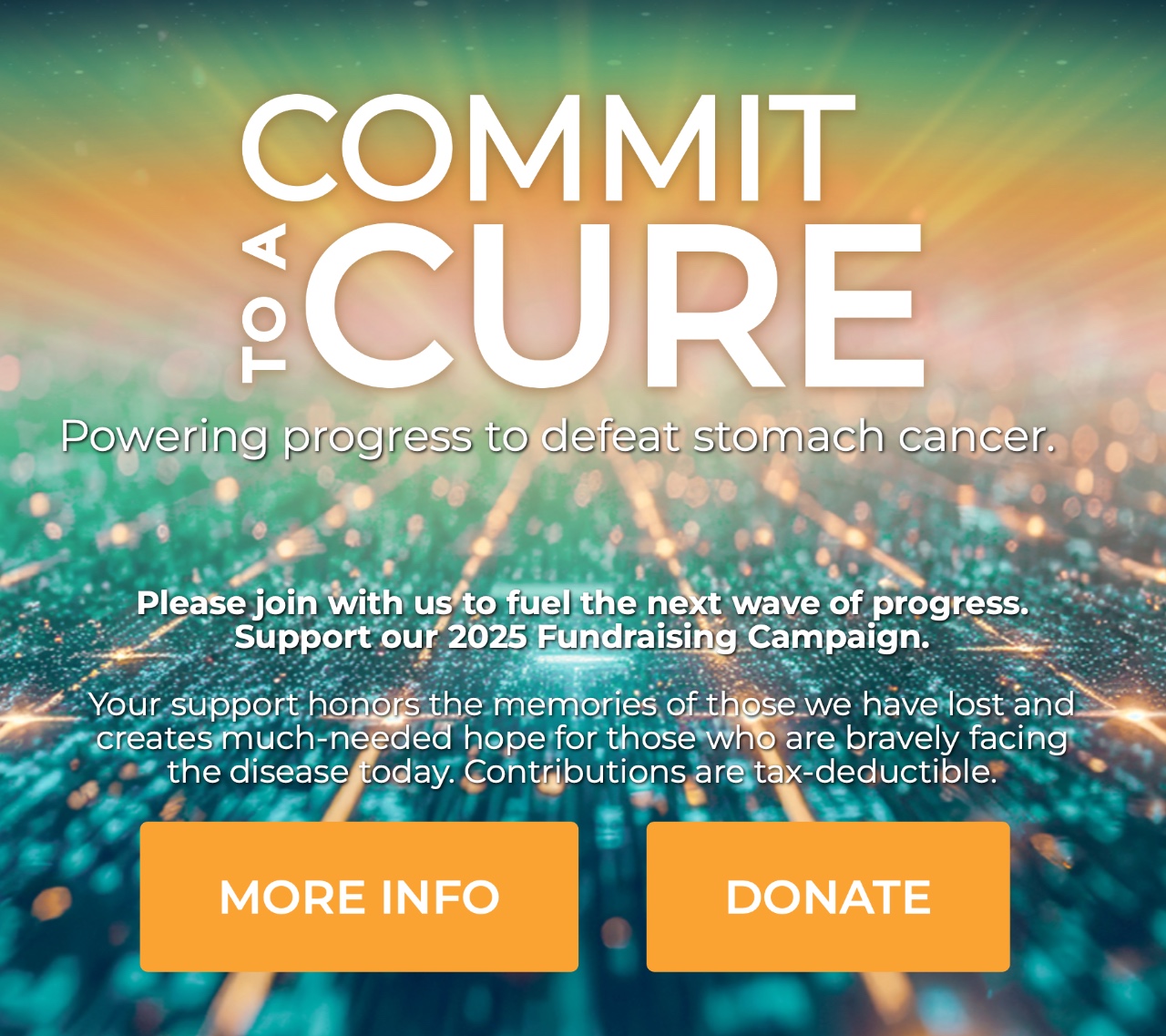Learn about Gastric Cancer
The content on this website is for your general knowledge and is not intended to replace professional medical advice, diagnosis, or treatment. Consult with qualified healthcare professionals for guidance and care tailored to your specific needs.
About Gastric Cancer
What is Gastric Cancer?
Gastric cancer, also known as stomach cancer, occurs when harmful (malignant) cells form in the lining of the stomach. Gastric cancer typically progresses slowly over many years, with pre-cancerous changes often going unnoticed.
Video Source: Mayo Clinic
Risk Factors and Screening
Having any of the following risk factors doesn’t guarantee the development of stomach cancer, and individuals without known risk factors may still be affected. You should discuss any concerns about potential risks with your doctor.
Race, Gender, and Age
In the United States, research has shown that stomach cancer disproportionately impacts certain racial/ethnic groups. Stomach cancer occurs more often among Black, Hispanic, Asian/Pacific Islander, and American Indian/Alaska Native individuals. Within these populations, certain sub-groups present higher rates of stomach cancer; for example, studies have shown Black men and young Hispanic females to have higher rates of gastric cancer.
Stomach cancer is often more commonly diagnosed in men than in women (nearly two times as many diagnoses).
Although stomach cancer can be diagnosed at any age, the risk generally increases with age.
H.Pylori Infection
Helicobacter pylori (H.pylori) is a bacterium that infects the stomach lining, and chronic infection of the stomach lining with H. pylori is a major risk factor for stomach cancer. The bacterium is typically spread through direct person-to-person contact with saliva, vomit, or stool. Common places of exposure include close contact with infected individuals, shared living spaces, and contaminated food or water.
While many infected individuals may not show symptoms, treating H. pylori infections can reduce the risk of developing stomach cancer.
Other Medical Conditions
The risk of stomach cancer is increased in people who have
- Chronic atrophic gastritis: thinning of the stomach lining caused by long-term inflammation of the stomach
- Atrophic gastritis with intestinal metaplasia: a condition in which the cells that line the stomach are replaced by cells that normally line the intestines
- Epstein-Barr virus (EBV): a virus to which 5%-10% of all gastric cancers are associated
- Pernicious anemia: an autoimmune condition in which the intestines can’t properly absorb vitamin B12, resulting in a low red blood cell count
- Obesity: excess body weight
- Gastroesophageal reflux disease (GERD): a condition in which stomach acid repeatedly flows back into the esophagus
Genetics and Family History
The risk of stomach cancer is increased in people who have:
- A first-degree relative (parent, sibling, or child) who has had stomach cancer
- An inherited cancer syndrome (hereditary diffuse gastric cancer, gastric adenocarcinoma and proximal polyposis of the stomach, familial intestinal gastric cancer, etc.)
- Type A blood
Lifestyle and Environmental
Dietary choices, such as not eating fruits and vegetables, or eating poorly preserved or highly salted foods, may increase the chance of gastric cancer.
Tobacco use, particularly smoking, can make individuals more likely to develop stomach cancer. Quitting smoking can gradually reduce this risk.
There are environmental and occupational factors that have been found to increase the likelihood of gastric cancer development. Working in certain industries, such as rubber or coal, or exposure to radiation have been linked to gastric cancer, but being aware and taking appropriate precautions may help mitigate potential risks.
Screening tests are sometimes used to look for stomach cancer in people who don’t have symptoms.
Outcomes are far more favorable when the condition is diagnosed early. In the United States, stomach cancer screening tests are only standard for people with a high risk of stomach cancer.
Signs and Symptoms
The most common symptoms may include:
|
Stomach pain |
Loss of appetite |
Unexplained weight loss |
|
Heartburn, indigestion, or ulcer symptoms |
Abdominal swelling or fluid buildup |
Nausea and vomiting blood |
How Gastric Cancer Develops
Gastric cancer is a malignant tumor that usually begins in the stomach lining. Over time, the cancer may invade more deeply into the stomach wall.
Types of Tumors
A tumor (sometimes called a growth or polyp) is caused by buildup of extra cells that form a mass.
Tumors in the stomach can be benign (not cancer) or malignant (cancer). Benign tumors are not as harmful as malignant tumors.
Spread of Gastric Cancer
How do I know if I have Gastric Cancer?
If you suspect you have gastric cancer, have a family history or a high risk of gastric cancer, your healthcare provider may conduct some common tests to diagnose and investigate treatment options.









